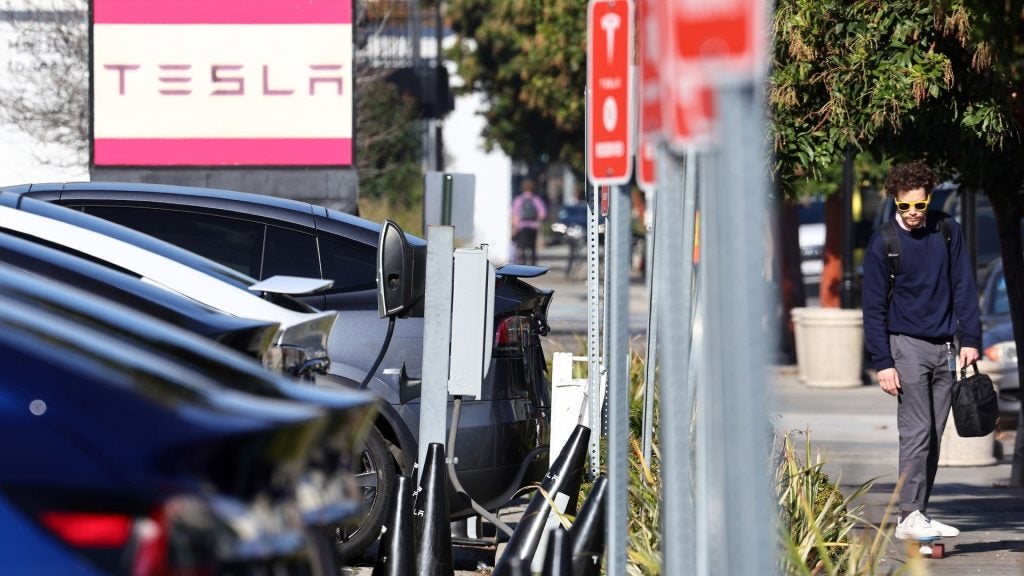Nicola Hoskins considers the pitfalls of false addresses and fake moustaches
Financial car crime was the subject of the FLAs recent conference, covering fraud from fake driving licence applications, to cash for crash staged accidents to claim on insurance policies. Such activities can be categorised more precisely as fraud: one word which covers myriad dishonest behaviour; often thought of as being victimless, yet society as a whole suffers, economically and in loss of confidence.
But the news overall was good. Losses to the industry as a result of fraud were down 7% in value terms, to £13.6m. Of these, the most prevalent type was conversion fraud, which accounted for 40% of cases.
Further down the list, application fraud presents itself in various guises, such as exaggerating income to obtain vehicle finance.
The consumer may intend to repay the finance but that, of course, is not the point. Lenders are entitled to know how risky the deal is. If details are false or not provided, risk is not properly assessed. In the event of default, the mistake made is related to the consumers creditworthiness and the resulting contract is not voidable.
The lender must then move into recoveries mode and seek to minimise the loss. The details most likely to be false or omitted from applications relate to addresses: either by concealing previous ones or using an alternative to avoid adverse credit history in the applicants correct address trail.
How well do you really know your competitors?
Access the most comprehensive Company Profiles on the market, powered by GlobalData. Save hours of research. Gain competitive edge.

Thank you!
Your download email will arrive shortly
Not ready to buy yet? Download a free sample
We are confident about the unique quality of our Company Profiles. However, we want you to make the most beneficial decision for your business, so we offer a free sample that you can download by submitting the below form
By GlobalDataApplication fraud can also be a result of fronting, obtaining vehicles then sub-hired in breach of the agreement again resulting in a level of risk not assessed by the lender or simply being sold. A twist on this was provided by Martin Parr, of BMW Financial Services, who talked of the rise in using false or hijacked companies to acquire vehicles through an often faceless application process. Sometimes, companies are acquired years before the fraud operation commences, making it all the harder to detect.
Perhaps the theme which pervaded the day related to the fact there is simply no substitute for human involvement in rooting out fraud.
The value of systems and intelligence-based programs allowing links to be made to details which might otherwise be missed cannot be underestimated, but neither can acting on intuition when considering details provided. Sometimes these feelings can be followed up by carefully cross-checking data, or even by using social networking sites a trail can emerge which adds to a suspicion that something does not ring true.
Especially with photographic evidence of identity IT solutions can not yet pick out dodgy wigs and facial hair. Dressing-up boxes are not only for children. They appear to come in handy for fraudsters, too.
Nicola Hoskins is a professional support lawyer at Optima Legal







